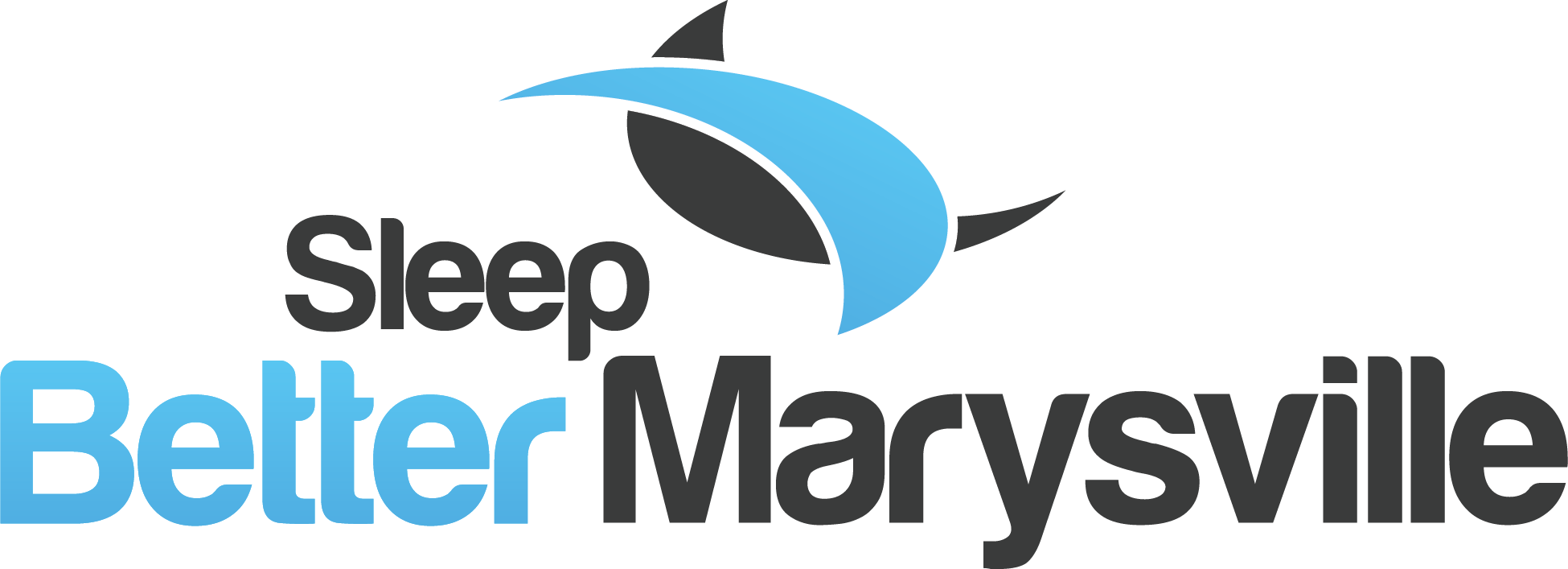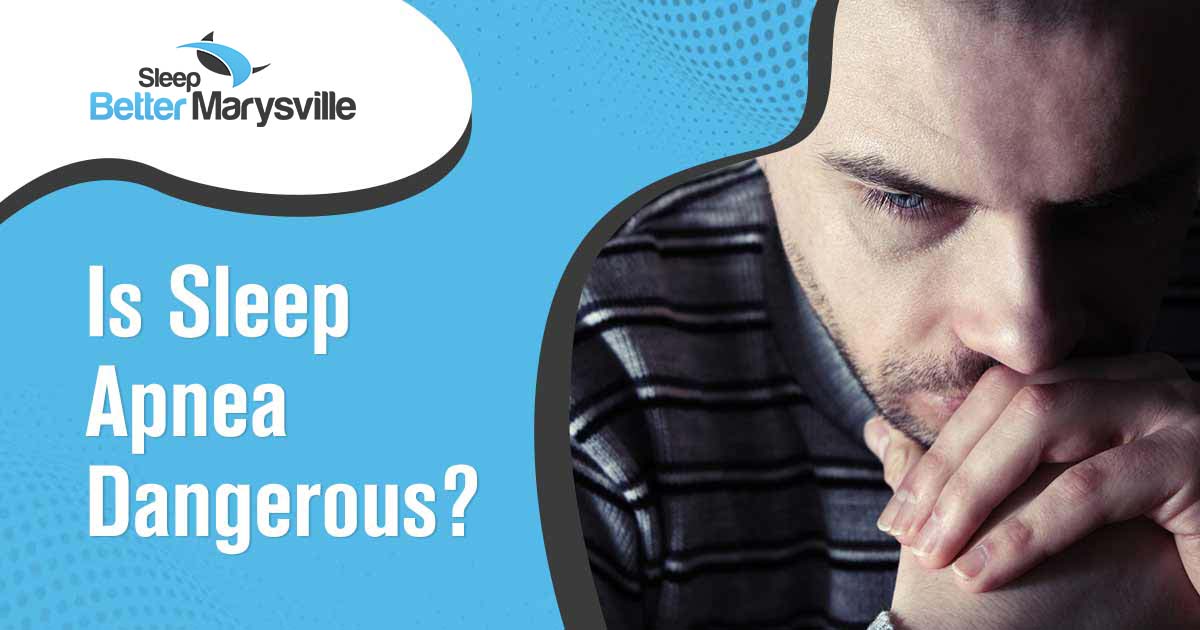Is Sleep Apnea Dangerous?
Sleep apnea is a common sleep disorder affecting an estimated 42 million Americans, affecting roughly 1 in 5 adults. Approximately 9% of middle aged women and nearly 25% of middle aged men suffer from some form of sleep apnea. Disturbingly enough, however, most people who have sleep apnea are not aware that they do. Estimates suggest that as many as 75% of severe cases of sleep-disordered breathing go undiagnosed. Sleep apnea is also a major risk factor for serious life-shortening cardiovascular and metabolic health issues. But what is it and what makes sleep apnea so dangerous?
What Is Sleep Apnea?
Signs of Sleep Apnea
- Excessive daytime sleepiness
- Loud snoring
- Observable episodes of paused breathing during sleep
- Waking suddenly, usually accompanied by gasping or choking
- Morning dry mouth or sore throat
- Morning headache
- Difficulty concentrating during the day
- Changes in mood, such as depression or irritability
- High blood pressure
- Nighttime sweating
- Decreased libido
Complications of Sleep Apnea
- Male
- Obesity (BMI >30)
- Hypertension
- Alcohol or sedative use
- Abnormalities in airway or facial structure
- Smoker
- Family history of sleep apnea
- Large neck circumference
- Type 2 diabetes
- Metabolic disorder
Studies also show that patients with sleep apnea have a dramatically higher risk of developing the following:
- Hypertension, especially drug-resistant
- Obesity
- Congestive Heart Failure
- Need a pacemaker
- Atrial Fibrillation
- Diabetes
- Coronary Artery Disease
- Stroke
Studies have shown that sleep apnea is an independent risk factor for hypertension. Patients with no other risk factors are more likely to develop hypertension if they have sleep apnea. Sleep apnea also contributes greatly to stroke. Some 65-70% of stroke patients are also diagnosed with sleep-disordered breathing.
Sleep apnea was also found to double your risk of traffic accidents. The risk is significantly higher in people with moderate to severe sleep apnea. These individuals are 15 times more likely to cause an accident. This is due to excessive sleepiness and difficulty concentrating reducing reaction times. Estimates show that sleep apnea contributes to 980 traffic accident deaths per year.
Treating Sleep Apnea
Thankfully, sleep apnea is easy to diagnose and to treat. If you suspect you may have sleep apnea the first thing to do is speak with your doctor. Before your appointment be sure to keep a sleep diary. Record how often you wake in the night and any other symptoms you have noticed. Have your sleep partner record how many times they notice you waking or stop breathing in the night. This information will help your doctor to diagnose your condition. Your doctor will either give you a home test kit, or schedule a sleep study. The data collected during your test will show how often your breathing pauses, for how long, and how much your oxygen levels dip. With this information your doctor will be able to diagnose what form of sleep apnea you have and how to treat it.
Long term treatment for sleep apnea involves reducing your risk factors. This may include losing weight, lowering your blood pressure, and ensuring your diabetes is well controlled. Reducing or eliminating alcohol or sedative use will also reduce your risk. Unfortunately, it may not be possible to completely eliminate your risk factors.
More immediate solutions for treating sleep apnea involve the use of assistive devices.
- CPAP – Continuous Positive Airway Pressure machines connect to a face mask that cover the nose and mouth. It pumps pressurized air through the mask to keep the airway from collapsing. Patients sometimes struggle to use this mask every night as it can take some getting used to. They are not always particularly comfortable and can cause dry mouth. Some patients also report feeling claustrophobic.
- Oral Appliance – A less invasive but equally effective option is an oral appliance. These custom fitted mouthpieces move the jaw forward and prevent the soft palate from collapsing. Patients often report greater compliance with oral appliance than the CPAP because it is easier to use. Greater compliance with using your appliance helps to reduce your health risk factors and ensures you get better sleep.
In some cases it may be necessary to combine treatment options. At Sleep Better Marysville we dedicate ourselves to finding the best solutions for our sleep apnea patients. We tailor our sleep apnea therapy to each patient to address their individual needs and concerns. If you or someone you love suffers from sleep apnea, or feel may be suffering from it, please contact Dr. Levy for a screening consultation.

